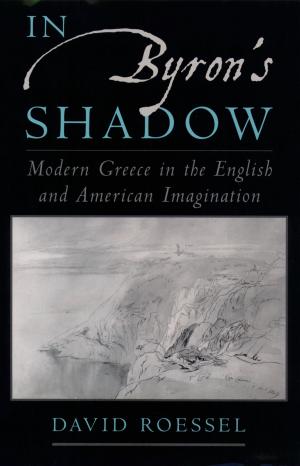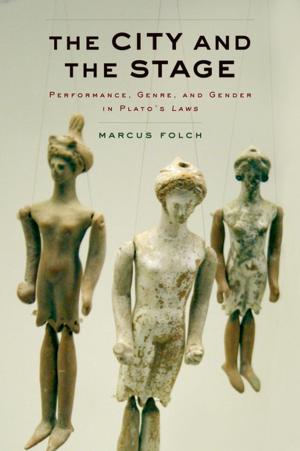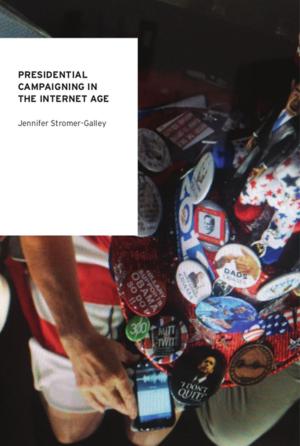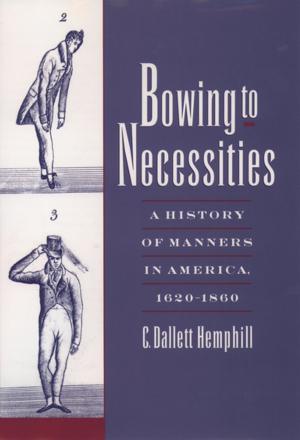Chinese Literature: A Very Short Introduction
Fiction & Literature, Literary Theory & Criticism, Reference, Nonfiction, History, Asian, Asia| Author: | Sabina Knight | ISBN: | 9780199913138 |
| Publisher: | Oxford University Press | Publication: | February 3, 2012 |
| Imprint: | Oxford University Press | Language: | English |
| Author: | Sabina Knight |
| ISBN: | 9780199913138 |
| Publisher: | Oxford University Press |
| Publication: | February 3, 2012 |
| Imprint: | Oxford University Press |
| Language: | English |
Perhaps nowhere else has literature been as conscious a collective endeavor as in China, and China's survival over three thousand years may owe more to its literary traditions than to its political history. This Very Short Introduction tells the story of Chinese literature from antiquity to the present, focusing on the key role literary culture played in supporting social and political concerns. Embracing traditional Chinese understandings of literature as encompassing history and philosophy as well as poetry and poetics, storytelling, drama, and the novel, Sabina Knight discusses the philosophical foundations of literary culture as well as literature's power to address historical trauma and cultivate moral and sensual passions. From ancient historical records through the modernization and globalization of Chinese literature, Knight draws on lively examples to underscore the close relationship between ethics and aesthetics, as well as the diversity of Chinese thought. Knight also illuminates the role of elite patronage; the ways literature has served the interests of specific groups; and questions of canonization, language, nationalism, and cross-cultural understanding. The book includes Chinese characters for names, titles, and key terms.
Perhaps nowhere else has literature been as conscious a collective endeavor as in China, and China's survival over three thousand years may owe more to its literary traditions than to its political history. This Very Short Introduction tells the story of Chinese literature from antiquity to the present, focusing on the key role literary culture played in supporting social and political concerns. Embracing traditional Chinese understandings of literature as encompassing history and philosophy as well as poetry and poetics, storytelling, drama, and the novel, Sabina Knight discusses the philosophical foundations of literary culture as well as literature's power to address historical trauma and cultivate moral and sensual passions. From ancient historical records through the modernization and globalization of Chinese literature, Knight draws on lively examples to underscore the close relationship between ethics and aesthetics, as well as the diversity of Chinese thought. Knight also illuminates the role of elite patronage; the ways literature has served the interests of specific groups; and questions of canonization, language, nationalism, and cross-cultural understanding. The book includes Chinese characters for names, titles, and key terms.















